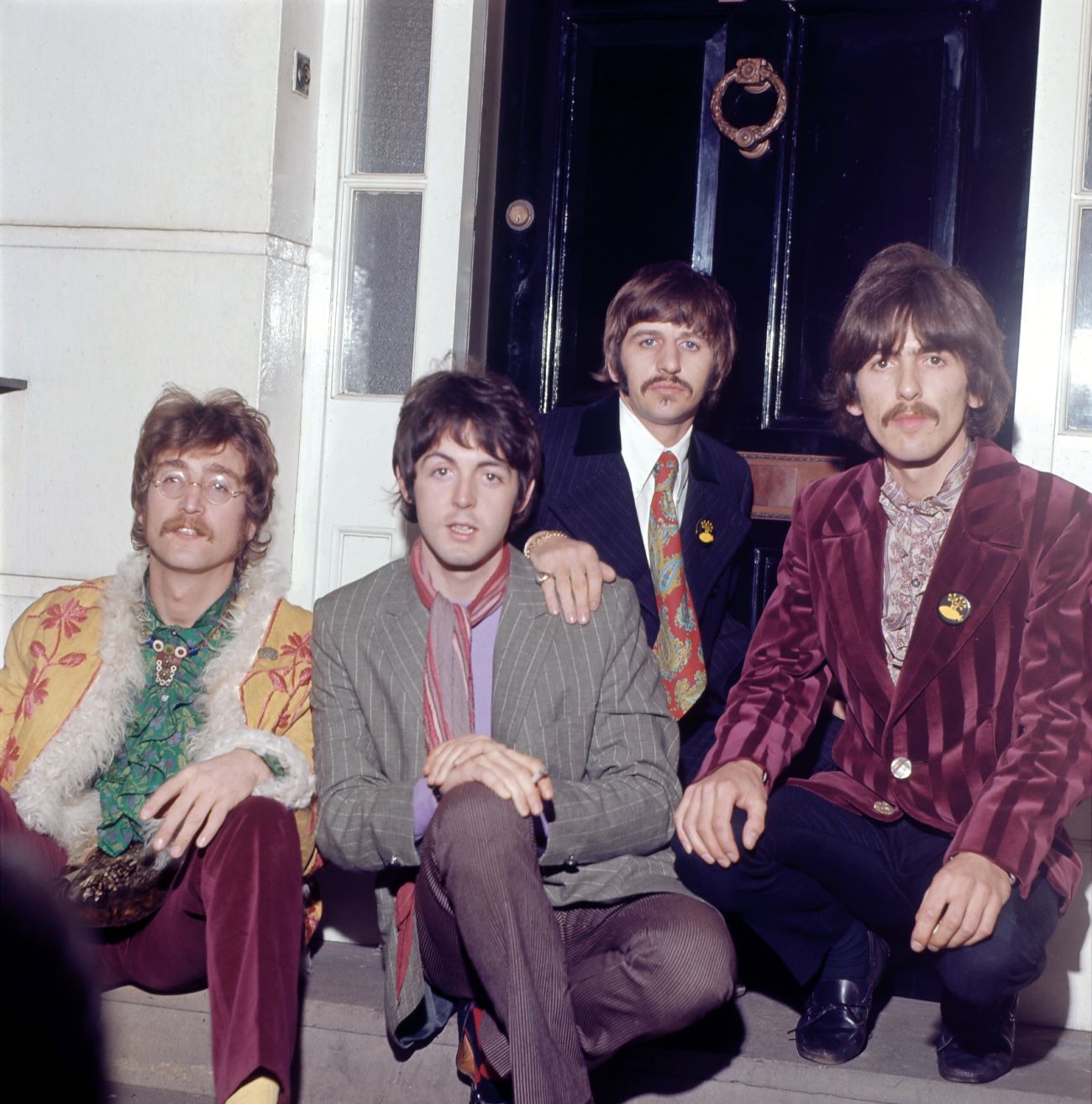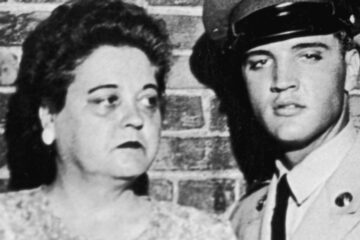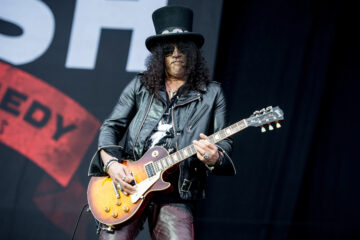After The Beatles broke up, John Lennon railed against his former bandmates in a 1970 Rolling Stone interview. Entitled “Lennon Remembers,” the lengthy interview sees the musician discussing his problems with The Beatles, his love of Yoko Ono, and his distaste for his bandmates’ solo careers, among other things. Five years after the interview, Lennon’s opinion of his former bandmates had softened considerably. He also said that they hadn’t cared about his harsh words.
John Lennon railed against his Beatles bandmates in a 1970 interview
In his 1970 interview with Rolling Stone co-founder Jann Wenner, Lennon did not pull any punches when talking about his former bandmates’ solo ventures.
“I don’t know . . . I think it’s all right, you know,” he said of George Harrison’s album. “Personally, at home, I wouldn’t play that kind of music, I don’t want to hurt George’s feelings, I don’t know what to say about it. I think it’s better than Paul’s.”
He believed the music he was making with Ono was better than anything he’d ever done with The Beatles and certainly better than Paul McCartney’s “rubbish” solo album. He seemed particularly angry with Harrison and McCartney for how they treated Ono.
“Ringo was all right, so was Maureen, but the other two really gave it to us,” he said. “I’ll never forgive them, I don’t care what f***in’ s*** about Hare Krishna and God and Paul with his ‘Well, I’ve changed me mind.’ I can’t forgive ’em for that, really. Although I can’t help still loving them either.”
He said that as a band, they were “the biggest bastards on earth.”
He once said his former bandmates weren’t insulted by his words
Five years later, The Beatles were all getting along much better than they were in the immediate aftermath of the band’s breakup. When reflecting on his “Lennon Remembers” interview, the musician said that his former bandmates hadn’t really cared about his comments.
“Well, the other guys, their reaction was public,” he told Rolling Stone in 1975. “Ringo made some sort of comment that was funny which I can’t remember, something like, ‘You’ve gone too far this time, Johnnie.’ Paul said (stuffy voice), ‘Well, that’s his problem.’ I can’t remember what George said. I mean, they don’t care, they’ve been with me for 15 or 20 years, they know damn well what I’m like. It just so happens it was in the press. I mean, they know what I’m like. I’m not ashamed of it at all.”
He said his only regret about the interview was that Wenner had published it as a book.
“I don’t really like hurting people, but Jann Wenner questioned me when I was almost still in therapy and you can’t play games,” he said. “You’re opened up. It was like he got me on an acid trip. Things come out. I got both reactions from that article. A lot of people thought it was right on. My only upset was Jann insisted on making a book out of it.”
For what it’s worth, though, McCartney admitted that the interview bothered him more than Lennon seemed to have recognized.
“I sat down and pored over every little paragraph, every little sentence,” he said, per the book Paul McCartney: A Life by Peter Ames Carlin. “I thought, ‘It’s me. I am. That’s just what I’m like. He’s captured me so well. I’m a turd, you know.’”
John Lennon was kinder to the other Beatles in a later interview
By 1975, Lennon said that any perceived drama between the former members of The Beatles was a lie.
“I talked to Ringo and George yesterday,” he said. “I didn’t talk to Paul ’cause he was asleep. George and Paul are talkin’ to each other in L.A. now. There’s nothin’ going down between us. It’s all in people’s heads.”
He admitted that he didn’t think Harrison’s recent tour was the “greatest thing in history,” but he complimented McCartney and Ringo Starr’s work. He also said that he would play with his former bandmates again.
“I could play with all of them,” he said. “George is entitled to say that [he wouldn’t], and he’ll probably change his mind by Friday. You know, we’re all human, we can all change our minds. So I don t take any of my statements or any of their statements as the last word on whether we will. And if we do, the newspapers will learn about it after the fact. If we’re gonna play, we’re just gonna play.”



